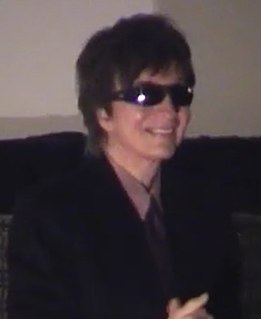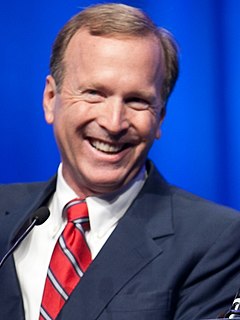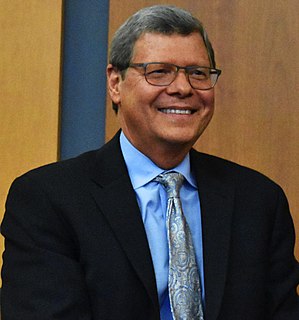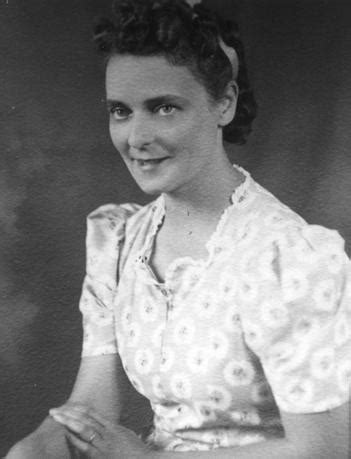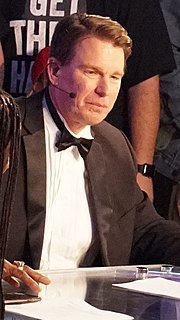A Quote by Sharad Pawar
I have been to China. I noticed that wherever you went, you could ask an ordinary citizen, and he would explain, in detail, about free markets and all the other jargon of liberalisation.
Related Quotes
A free citizen in a free state, it seems to me, has an inalienable right to play with whomsoever he will, so long as he does not disturb the general peace. If any other citizen, offended by the spectacle, makes a pother, then that other citizen, and not the man exercising his inalienable right, should be put down by the police.
You look at something like Russia, or you look at something like China, where you actually allow free markets to go in. And you haven't seen the change that we, in the western world, would probably like. You still have a bit of a dictatorship - some people would say more than a bit of a dictatorship - in Russia and in China.
If I have any regrets, I could say that I'm sorry I wasn't a better writer or a better singer...When I was younger, I felt it was my duty to wake people up. I thought poetry was asleep. I thought rock 'n' roll was asleep...An artist may have burdens the ordinary citizen doesn't know, but the ordinary citizen has burdens that many artists never even touch.

